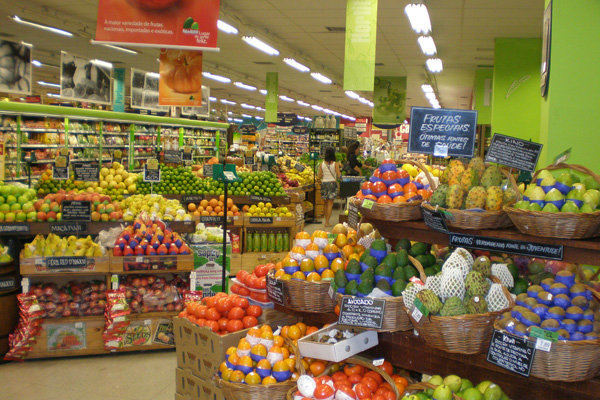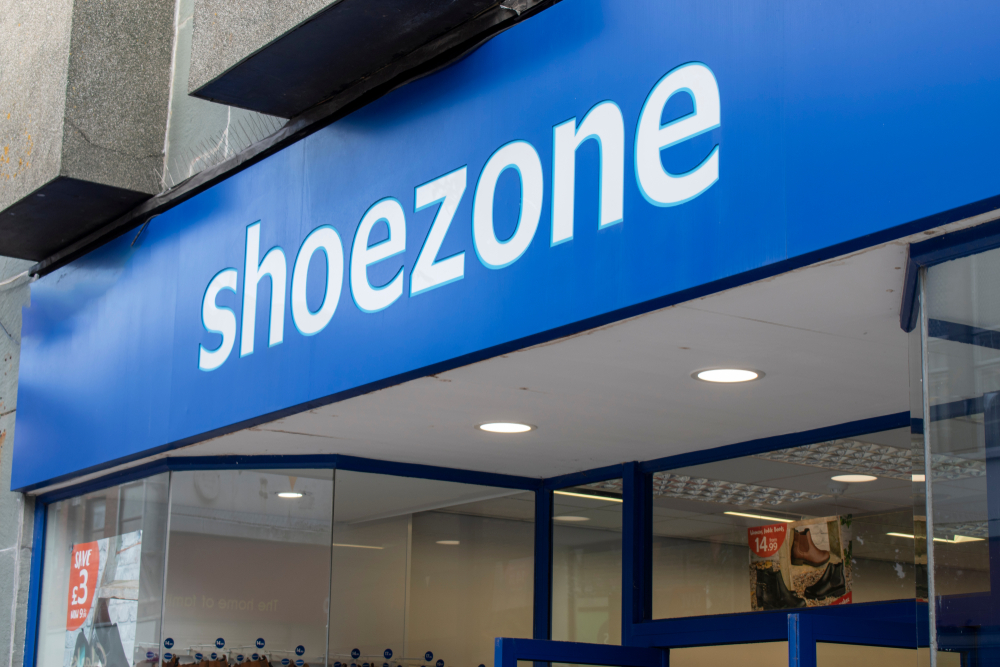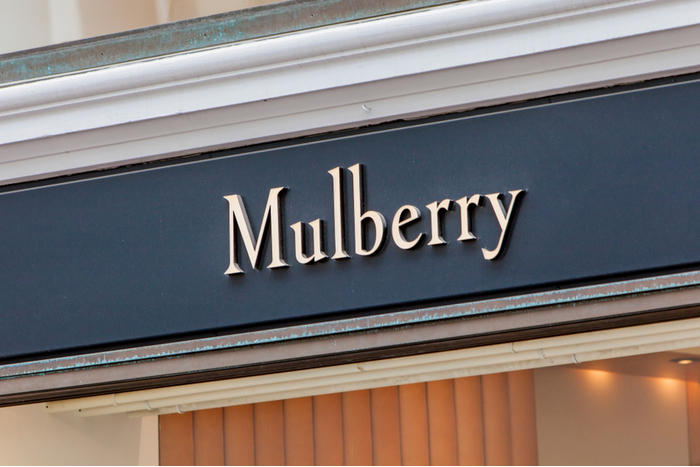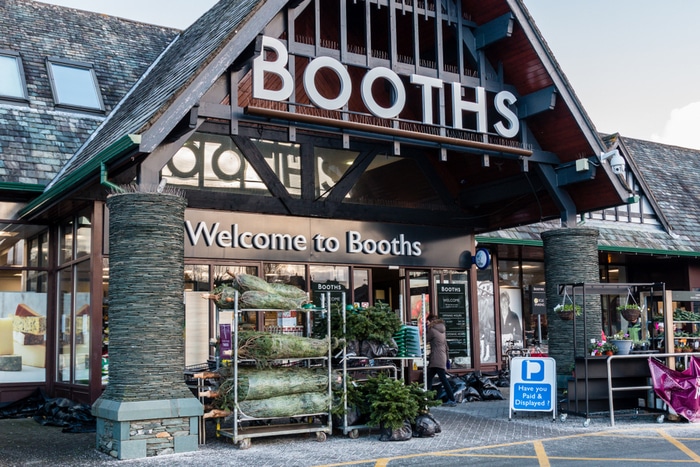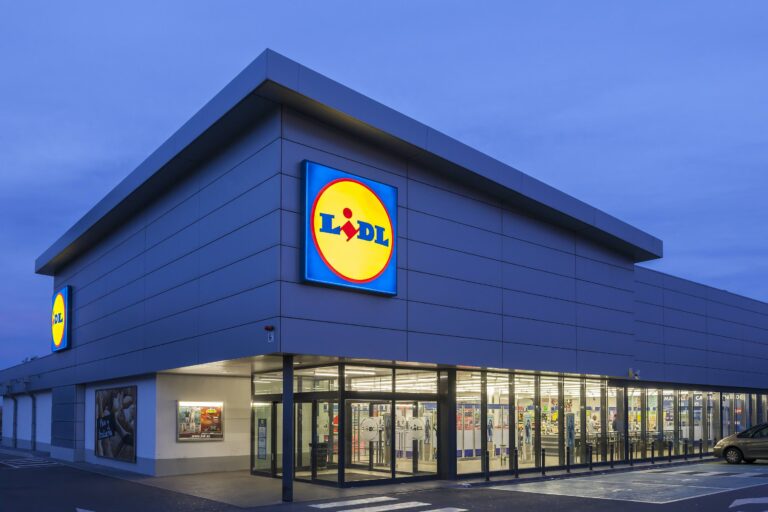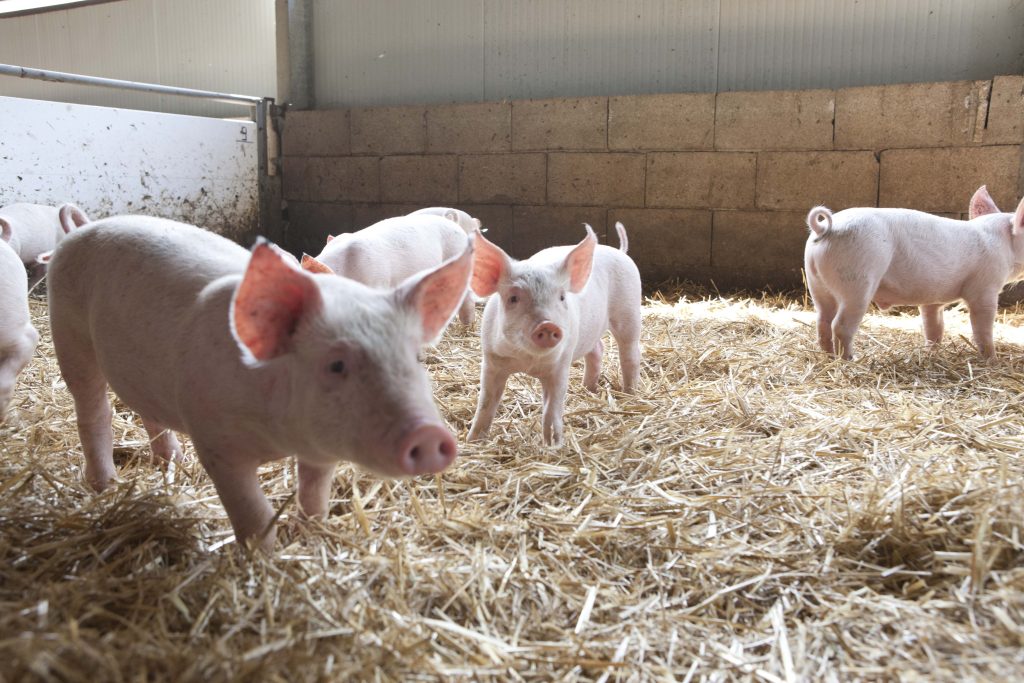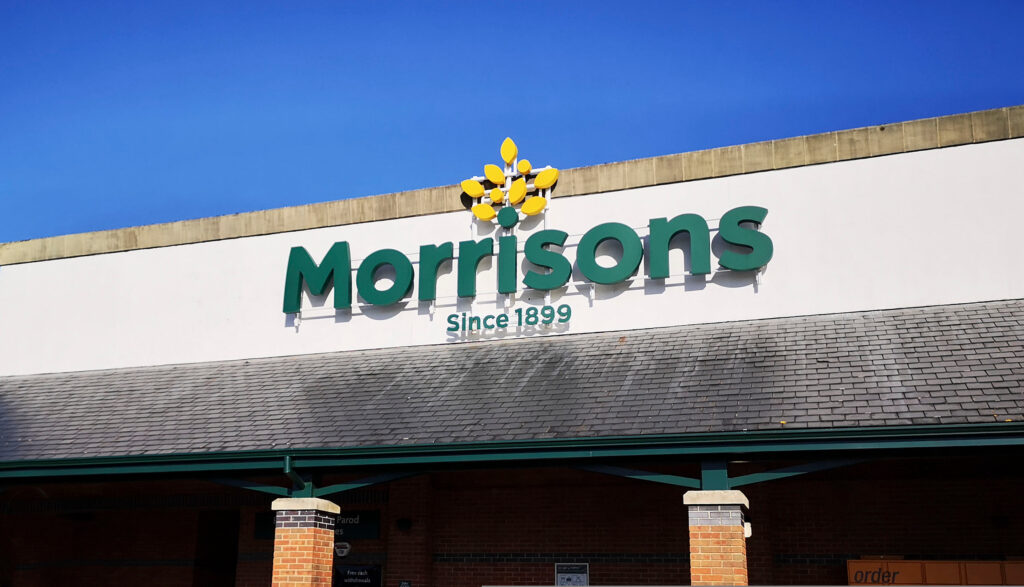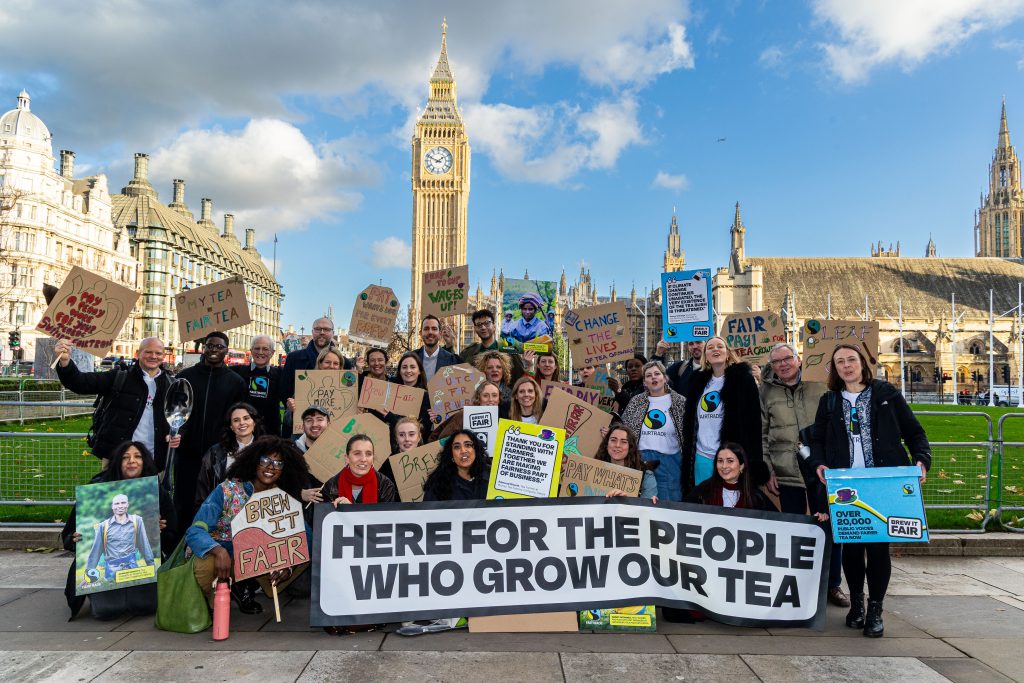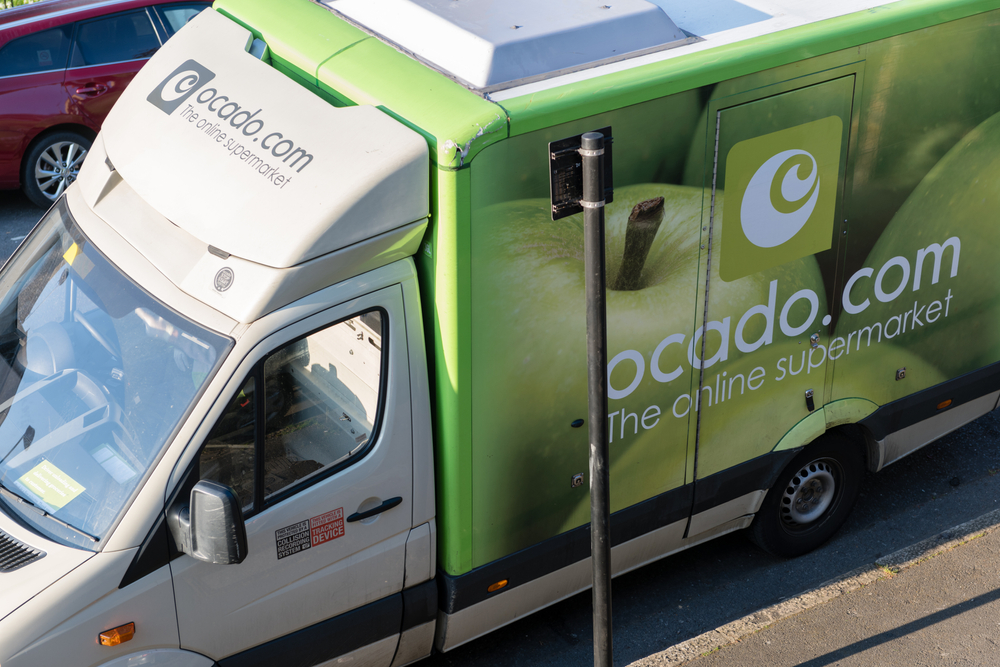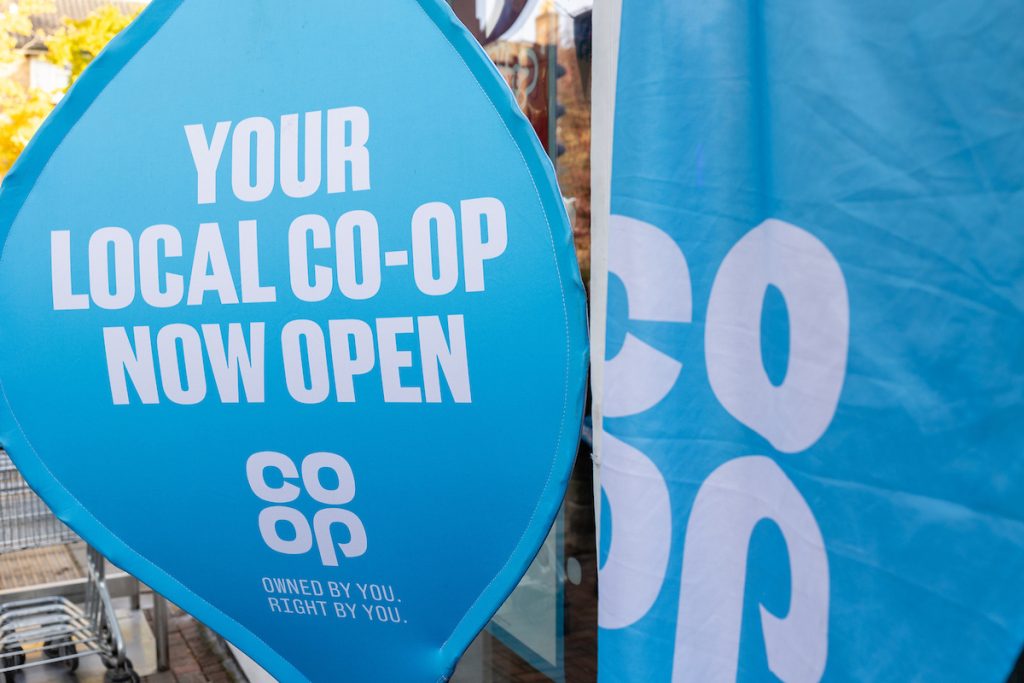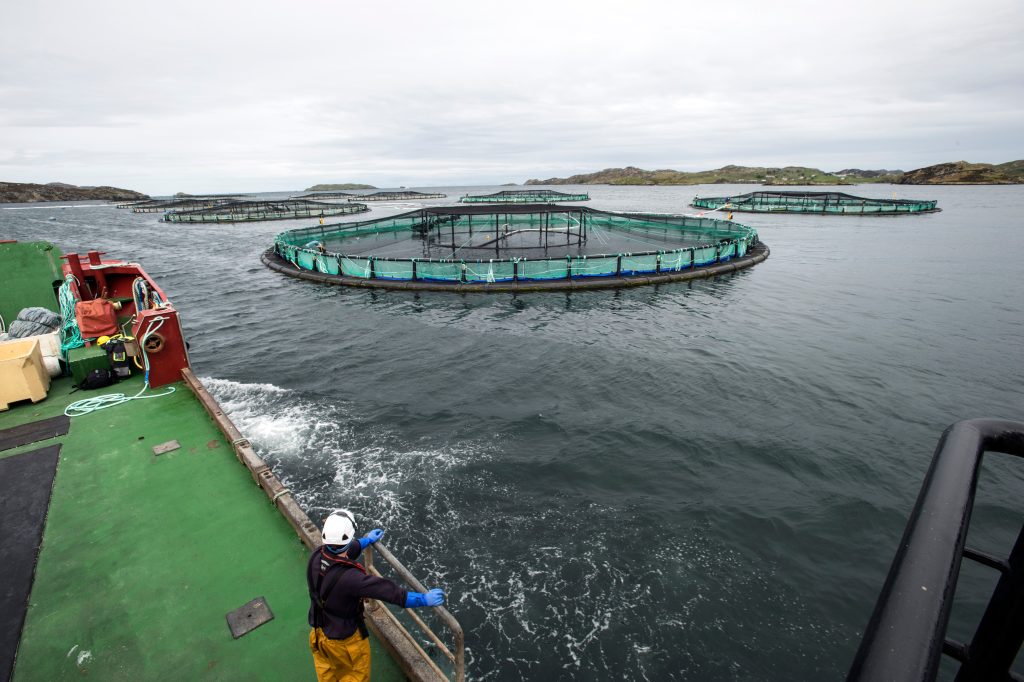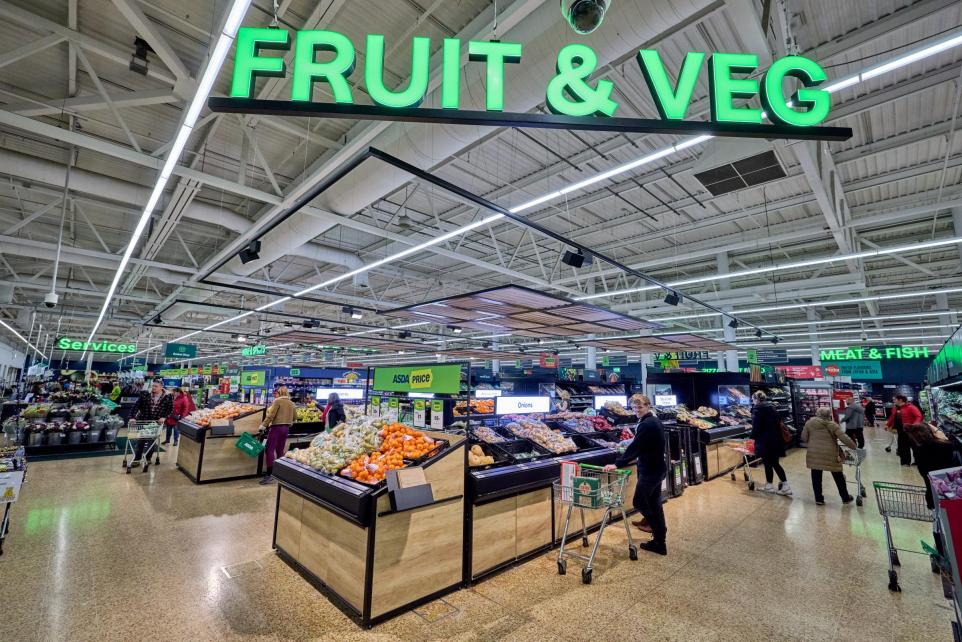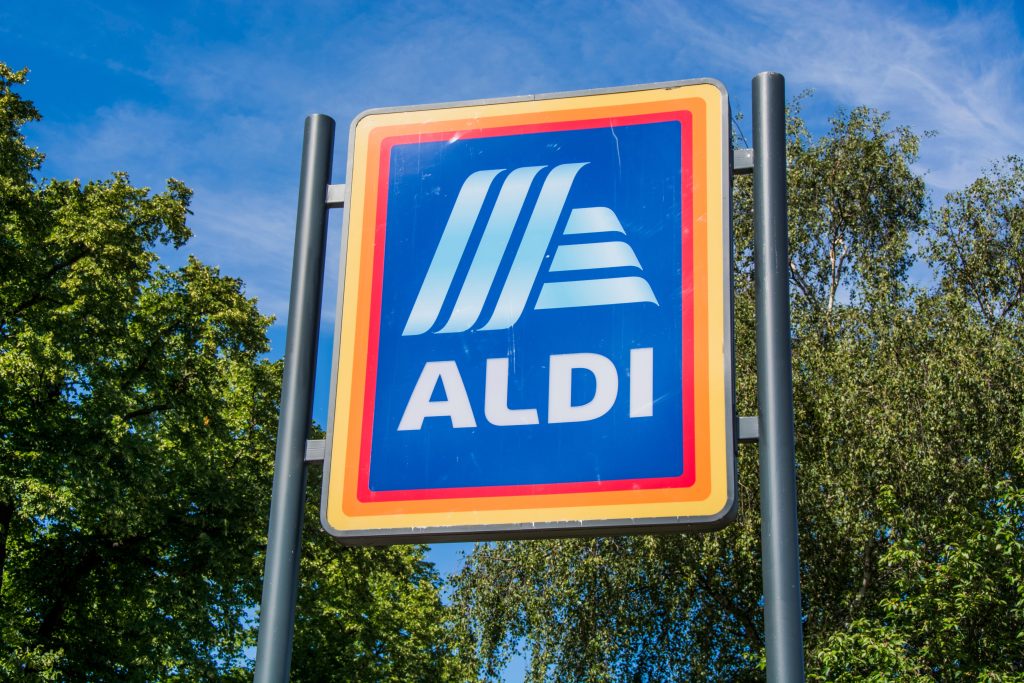A report by Ethical Consumer has highlighted the most and least ethical supermarkets in the UK.
Ethical business practices have been pulled into the spotlight recently, what with suppliers fighting for better treatment and wage schemes being altered in preparation for the National Living Wage. Now France has set an example for the rest of Europe by banning all major supermarkets from throwing away unsold food if it is unspoiled, instead requiring that it be donated to charity.
In terms of food distribution, there is no equivalent law in the UK, though a petition calling for such a law gathered 150,000 signatures, back when the French legislation was first proposed. According to a 2014 enquiry, the UK creates more food waste than any other country in the EU, throwing away 14,000,000 tonnes every year: twice as much food per capita as the EU average.
Based on environmental efficiency, animal rights, workers‘ rights, product sustainability and financial practices, the ‘Ethical Consumer Rating‘ found that Asda is Britain‘s least ethical supermarket with an overall rating of 0.5, followed by Lidl and Iceland at 1.5 each. Tesco, somewhat of a pariah in current retail affairs, managed a rating of 2.5, thanks largely to the efforts of CEO Dave Lewis since the 2014 accounting scandal to reform the chain.
At the other end of the spectrum, the Co-Op boasts a rating of 5.5, followed by Marks & Spencer and Ocado at 5.0.
Supermarkets are not solely to blame for the UK‘s statistics, with more than half of its waste coming from households. However, UK retailers and wholesalers still waste around 200,000 tonnes of food every year, a figure which rises to 4m when factoring in supply chains.

